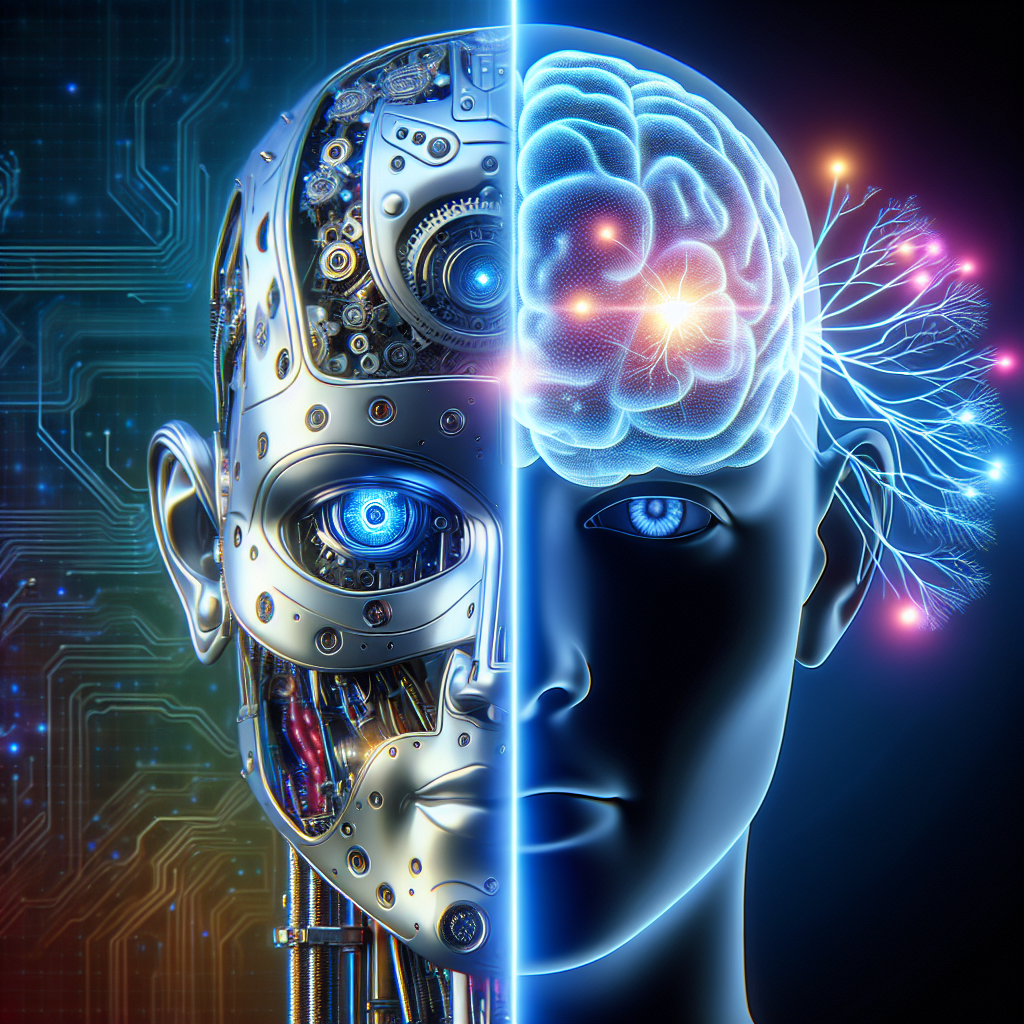Artificial General Intelligence (AGI) has been a topic of discussion and speculation for decades. AGI refers to a type of artificial intelligence that possesses the ability to understand, learn, and apply knowledge across a wide range of tasks, similar to human intelligence. The ultimate goal of AGI is to create machines that are capable of reasoning, problem-solving, and adapting to new situations in a way that is indistinguishable from human intelligence. But how close are we to achieving this goal? And what are the implications of creating sentient machines?
The Current State of AGI Research
AGI research has made significant advancements in recent years, thanks to the rapid development of machine learning algorithms, neural networks, and deep learning techniques. These technologies have enabled AI systems to perform complex tasks such as image recognition, natural language processing, and game playing with a level of accuracy and efficiency that was previously thought to be impossible.
However, despite these advancements, the creation of truly sentient machines remains a distant goal. While AI systems can excel at specific tasks, they still lack the ability to generalize their knowledge and apply it to new situations in the way that humans can. For example, while a self-driving car can navigate a city street with ease, it would struggle to adapt to a new environment or unexpected road conditions without human intervention.
One of the biggest challenges in achieving AGI is replicating the complexity and flexibility of human intelligence. Human intelligence is not just about processing information or solving problems – it also involves emotions, creativity, intuition, and social skills. Replicating these aspects of intelligence in machines is a daunting task that requires a deep understanding of the human brain and mind.
The Implications of Creating Sentient Machines
The prospect of creating sentient machines raises a host of ethical, social, and philosophical questions. If we were to create machines that possess human-like intelligence, what rights and responsibilities would they have? How would they interact with humans and society? And what impact would they have on the job market, economy, and our daily lives?
One of the most pressing concerns surrounding AGI is the potential for misuse and abuse. Sentient machines could be used for malicious purposes, such as surveillance, warfare, or propaganda. They could also pose a threat to human jobs and livelihoods, as they could outperform humans in a wide range of tasks and industries.
On the other hand, AGI could also bring about numerous benefits and opportunities. Sentient machines could revolutionize healthcare, education, transportation, and other industries, making our lives easier, safer, and more efficient. They could also help us tackle some of the biggest challenges facing humanity, such as climate change, poverty, and disease.
FAQs
Q: How close are we to creating sentient machines?
A: While significant progress has been made in AI research, creating truly sentient machines remains a distant goal. It is difficult to predict when AGI will be achieved, as it depends on a wide range of technological, scientific, and ethical factors.
Q: What are the biggest challenges in achieving AGI?
A: One of the biggest challenges in achieving AGI is replicating the complexity and flexibility of human intelligence. Human intelligence is not just about processing information or solving problems – it also involves emotions, creativity, intuition, and social skills.
Q: What are the implications of creating sentient machines?
A: The creation of sentient machines raises numerous ethical, social, and philosophical questions. It could have both positive and negative impacts on society, depending on how it is developed and deployed.
In conclusion, while AGI research has made significant progress in recent years, creating truly sentient machines remains a distant goal. The challenges and implications of achieving AGI are vast and complex, requiring careful consideration and collaboration from experts in a wide range of fields. Only time will tell how close we are to creating machines that possess human-like intelligence, and what impact they will have on our world.

